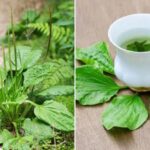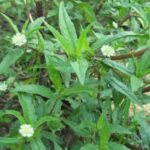## Fatty Liver Support: 7 Herbal Remedies with Potential Benefits
Fatty liver disease is becoming an increasingly common concern, not only for middle-aged people but also for young individuals. A sedentary lifestyle and a diet high in fatty foods are the main causes of this condition. Upon realizing this, many people turn to natural methods to support liver function. Among these, herbal remedies are a popular choice due to their perceived safety and accessibility. However, not everyone fully understands their actual benefits.
This article will introduce seven herbs believed to have potential in supporting fatty liver health. It is crucial to use these herbs appropriately and never as a substitute for medical treatment. Most importantly, consult your doctor before using any herbal remedy, especially if you have an existing medical condition or are taking medication.
Milk Thistle (Silybum marianum)
Milk thistle is a purple-flowered plant native to the Mediterranean region. In Vietnam, milk thistle is commonly available as a dietary supplement for liver support. Its key active component is silymarin, a flavonoid with potent antioxidant properties. According to Doctor Nguyen Hong Hai (former Deputy Director of Hoa Binh Traditional Medicine Hospital), silymarin helps “protect liver cell membranes, support the regeneration of damaged cells, and prevent lipid oxidation in the liver” (Dan Tri, 2022). This herb is typically consumed in the form of capsules or tea.
However, milk thistle may cause mild digestive disturbances and headaches, and it is not suitable for individuals allergic to the daisy family of plants.
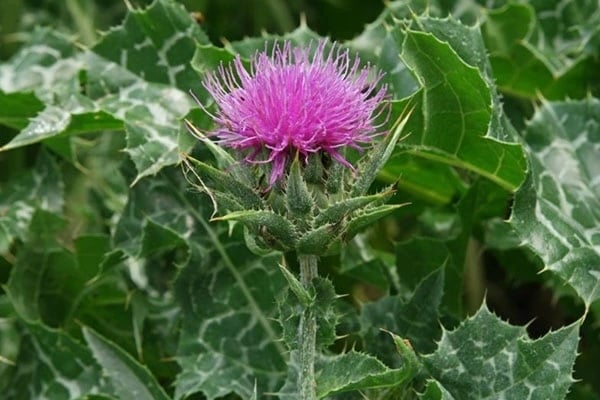
Artichoke (Cynara scolymus)
Artichoke is a familiar vegetable in many Vietnamese households, often used in soups, boiled dishes, or herbal teas. Artichoke contains cynarin and luteolin, two compounds beneficial for liver function. According to ZingNews (2021), artichoke helps increase bile secretion, supports detoxification, and improves lipid metabolism. Artichoke tea bags are a convenient and popular way to consume this herb.
However, excessive consumption of artichoke, especially more than one liter per day, may cause bloating and indigestion.
Turmeric (Curcuma longa)
Turmeric is a familiar spice in the kitchen and a valuable medicinal herb in traditional medicine. Its primary active compound, curcumin, is a powerful anti-inflammatory and antioxidant. Curcumin is believed to reduce liver inflammation and limit fat accumulation in the liver. Nano-curcumin, a modern formulation, significantly enhances absorption. Turmeric can be consumed by mixing it with honey or taking it in capsule form as a liver supplement.
However, it should be avoided by individuals taking anticoagulant medication or those with stomach problems.
Green Tea (Camellia sinensis)
Green tea is not only a traditional beverage but also offers multiple benefits for the liver. It contains EGCG, an antioxidant that reduces oxidative stress and breaks down fats. Drinking green tea regularly may support the liver in eliminating excess fat. However, it is important not to drink strong tea or consume it on an empty stomach. Some sensitive individuals may experience insomnia if they drink it in the evening.
Ideally, consume 2–3 cups of diluted green tea daily, preferably in the morning or afternoon.
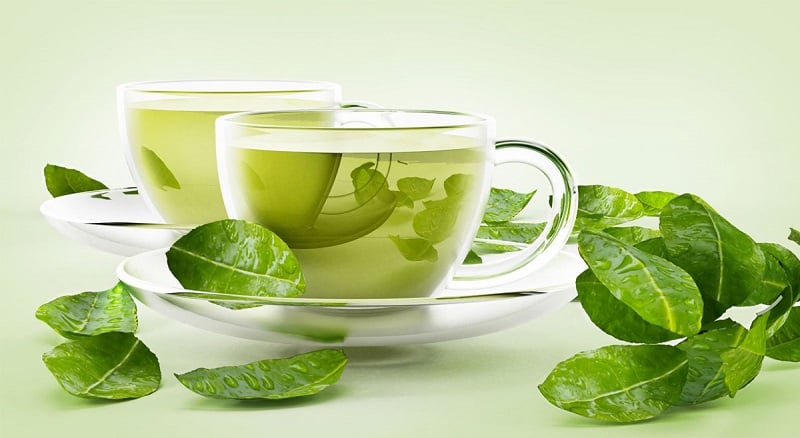
Dandelion (Taraxacum officinale)
Dandelion is a wild herb with bright yellow flowers. In traditional medicine, dandelion is used to cool the liver, promote diuresis, and reduce inflammation. The active compound taraxacin enhances the liver’s detoxification function. This herb can be prepared as a tea, or the fresh herb can be dried and made into a decoction. Common methods of consumption include drying and infusing the herb or boiling it for a drink throughout the day.
However, individuals with gallstones or digestive problems should consult a doctor before using dandelion.
Phyllanthus (Phyllanthus urinaria)
Also known as stonebreaker, phyllanthus has a bitter taste and typically grows in moist areas. Its main components, phyllanthin, and hypophyllanthin, possess liver-protective properties and inhibit the hepatitis B virus. According to Doctor Tran Quoc Khanh (Vietnam-Germany Hospital), this herb “helps reduce liver enzymes and supports the protection of liver cells” (VnExpress, 2023). Phyllanthus can be used fresh or dried and brewed into a daily tea.
However, prolonged use for more than one month is not recommended as it may affect male fertility.
Caltrop (Solanum procumbens)
Caltrop is a creeping vine with small red fruits, commonly found in the midlands of Vietnam. According to Vietnamese research, caltrop contains glycoalcaloid and flavonoid compounds, which exhibit anti-inflammatory properties and support liver function. Vietnamnet (2022) reported that caltrop helps reduce liver enzymes and improves mild fatty liver conditions. Tea bags and dried extracts are popular forms of consumption, but it is important to follow the recommended dosage and not combine it with Western medication without medical advice.
Pregnant and breastfeeding women should refrain from using this herb.
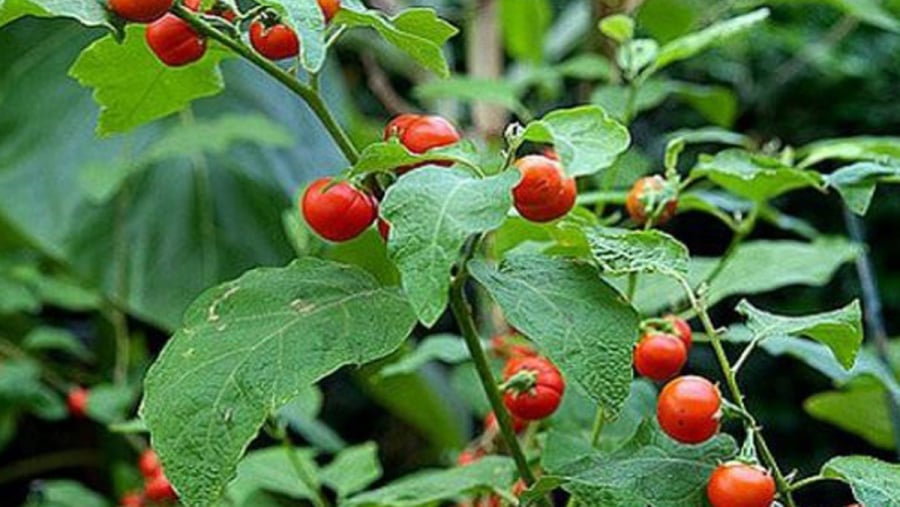
Herbal Remedies: Supportive but Not a Substitute for Medical Treatment
While the aforementioned herbs offer potential benefits, they should be regarded as adjunctive support. Effective treatment of fatty liver disease requires a combination of lifestyle changes, dietary modifications, and regular exercise. As ThS.BS Dang Van Hung (Vinmec Center for Traditional Medicine) advises, “Consider herbal remedies as your companions rather than the sole solution.”
Improper use or overreliance on herbal remedies can be harmful, especially when the source and quality are uncertain.
Conclusion and Sharing
The seven herbal remedies discussed provide options for those seeking natural solutions to support liver health. However, it is essential to remain discerning in your choices and adhere to medical advice. Maintaining a healthy lifestyle, a balanced diet, and moderate physical activity remain the most critical factors in safeguarding your liver.
The Magic of Black Goji: A Superfood with Surprising Benefits.
With a rich and tangy flavor, the health benefits of black goatee, or ‘co muc’ in Vietnamese, are well-known in Eastern medicine. This humble herb strengthens the kidneys and liver, and its cooling properties help to treat bloody dysentery and enhance hair and beard color. A true tonic for the liver and kidneys, it is a natural remedy for those seeking to boost their health and vitality.
























